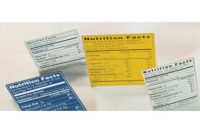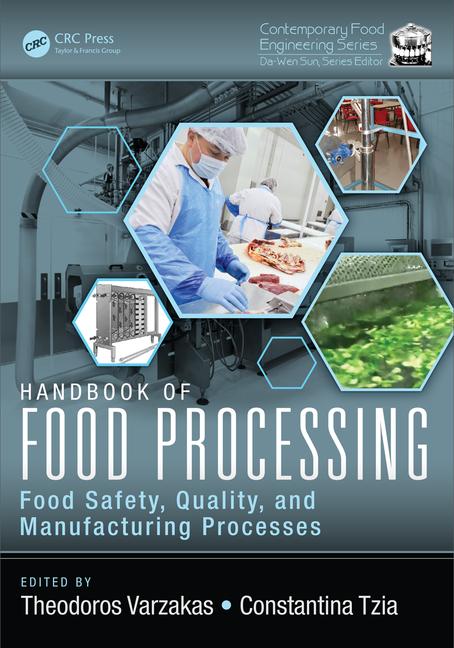Tracking Food: Bioterrorism Act Rules
There is a legacy of September 11, 2001, that now is affecting virtually every company in the food business, thanks to concerns about bioterrorism: the contamination or adulteration of food.
Beginning June 9, most companies that manufacture, distribute, transport or sell food products at retail must comply with specific record-keeping provisions of the Bioterrorism Act of 2002.
Information provided to the Food and Drug Administration under the Bioterrorism Act’s requirements will help the agency identify and promptly locate food processors and other establishments in the event of deliberate or accidental contamination of the food supply.
The record-keeping provisions will cover small businesses with 11 to 499 full-time equivalent employees (FTEs). Effective December 11, companies with 10 or fewer FTEs must comply. Larger firms were brought into the system last December and should already be compliant.
According to the FDA, the record-retention period for human foods ranges from six months to two years, depending on the shelf life. Records for animal food, including pet food, must be retained for one year. The maximum record-retention requirement for transporters of all types of food is one year.
The FDA published its record-keeping requirements in December 2004, specifying that food companies must establish and maintain records that would allow the FDA to conduct an effective and efficient trace-back investigation in the event that it believes an article of food is adulterated and poses a threat of serious health consequences or death.
Last September, the agency and Department of Homeland Security issued a final regulation under the Bioterrorism Act requiring domestic and foreign facilities to register if they manufacture, process, pack or hold food, including animal feed, dietary supplements, infant formula, beverages and food additives.
In June 2004, the FDA published another rule that specifies procedures the agency would use to administratively detain food when it has credible evidence or information that the food presents a threat of serious adverse health consequences or death.
If a company does not manufacture, but does warehouse or transport food, it must comply with the record-keeping requirements.
“As a transporter of food, you have to maintain information that identifies the prior source of the food product and the immediate recipient,” explains Earl Eisenhart, a Washington, D.C.-based transportation policy consultant. “FDA has said that generally a bill of lading will suffice. But they need to maintain it for a period of time. It needs to be available if the FDA asks for it. It has to be readily available and provided without delay.”
Failure to comply can involve “some fairly serious civil penalties,” according to Eisenhart. “People need to have the information available when the FDA comes calling. It’s as simple as that.”
“This rule is one of our critical tools for safeguarding the American food supply,” said Acting FDA Commissioner Andrew C. von Eschenbach last September, when the registration regulation was published. “We now have another important safeguard in our ongoing efforts to make sure that human and animal foods are protected from a deliberate or accidental act of contamination.”
More information on the Bioterrorism Act and its requirements is available from the FDA at http://www.fda.gov/oc/bioterrorism/bioact.html
Your Transportation ID Card, Please…
One day soon, drivers of commercial vehicles will be required by the federal government to have in their possession a Transportation Worker Identification Card (TWIC).
The Department of Homeland Security is developing proposed rules for the TWIC program, intended to provide a secure credential for millions of transportation workers in all modes who require unescorted access to secure locations.
The program is expected to be phased in, with the first credentials issued to those requiring access to port facilities. The process will include biometric identifiers and background checks.
Washington, D.C.-based transportation consultant Earl Eisenhart says “it seems likely” that the program will be financed through enrollment fees paid by the worker or the employer.
On April 3, the Transportation Security Administration announced that it will seek proposals from entities interested in serving as the implementation contractor for the TWIC program.






